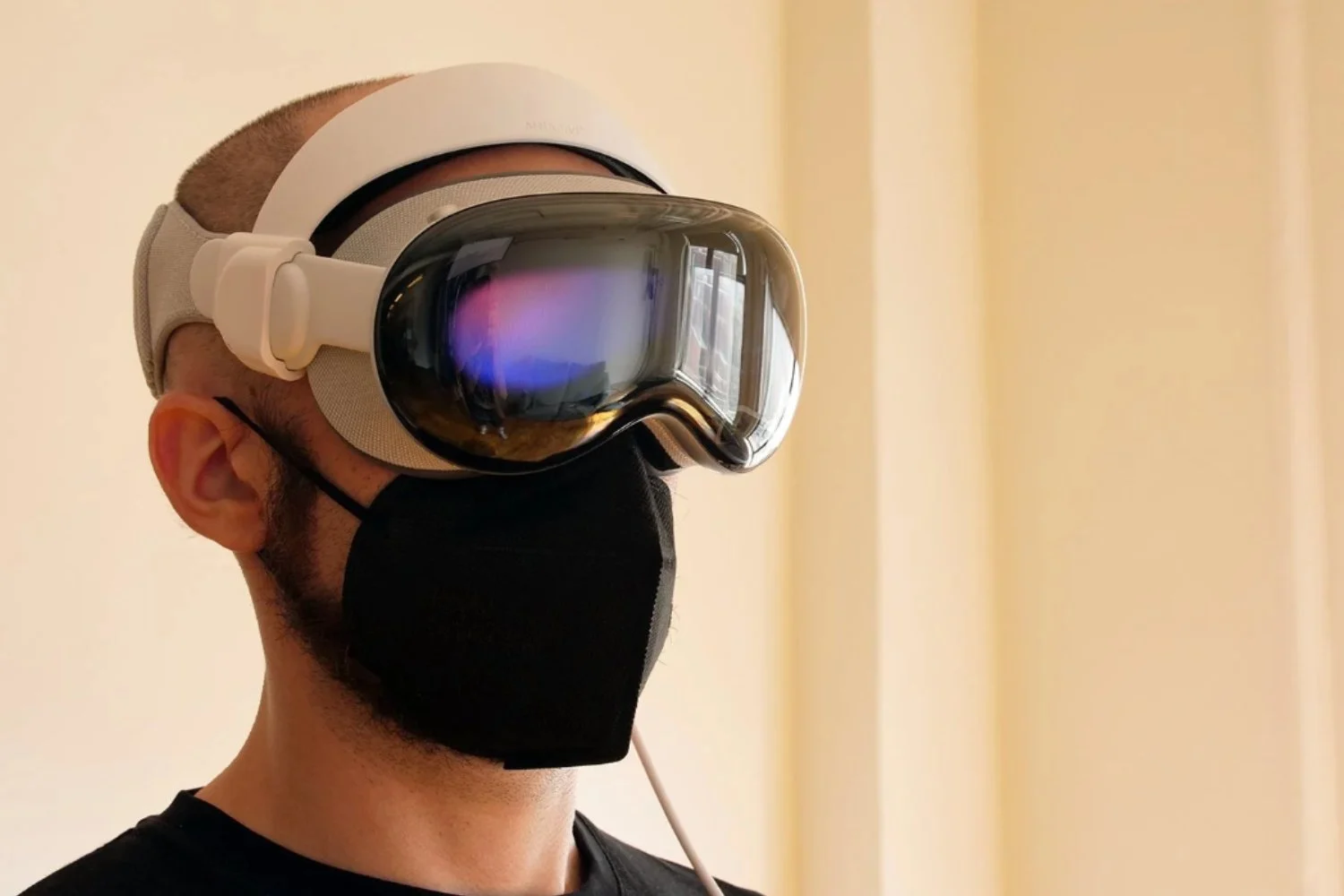Samsung and Google are collaborating on a cutting-edge mixed reality VR headset, aiming to rival Apple’s Vision Pro. Powered by Android XR and Google Gemini AI, this headset is part of a broader ecosystem that includes the Galaxy S25 phones and AR glasses. At Samsung’s recent Unpacked event, the companies emphasized their shared vision of creating interconnected devices that deliver seamless AI-powered experiences.
Project Moohan, Samsung’s upcoming VR headset, features passthrough cameras that merge real and virtual environments, similar to Meta’s Quest Pro but with enhanced capabilities. The headset includes hand and eye tracking, runs Android XR, and integrates Gemini AI for real-time assistance. Additionally, Google’s Project Astra technology will bring live AI features to a range of devices, starting with the Galaxy S25 series.
Real-Time AI Enhancements Across Devices
Gemini AI offers on-the-spot assistance by analyzing visuals and audio in real time. Demonstrations last year showcased its ability to provide support during activities like watching videos or interacting with objects. Users can activate or pause the AI as needed, ensuring flexibility. Samsung aims to integrate this real-time AI functionality across devices to create a cohesive experience.

In addition to the VR headset, Samsung and Google are developing smart glasses to compete with products like Meta’s Ray-Bans. These glasses will rely on phone connections for processing, positioning devices like the Galaxy S25 as central hubs. To support these wearables, Samsung is enhancing processing power, battery life, and cooling in its phones, ensuring they can handle the demands of live AI interactions.
Personal Data Engine: Enabling Smarter AI
Samsung and Google introduced a Personal Data Engine designed to organize and utilize personal data to improve AI responsiveness. This system aims to make AI devices more intuitive by allowing them to access relevant information across connected products. While promising, the approach raises questions about data security and transparency, as users weigh the trade-offs between functionality and privacy.
Samsung’s Project Moohan represents the first step in an ambitious journey toward an AI-driven ecosystem. More details are expected at Google’s I/O developer conference and Samsung’s next Unpacked event. These developments suggest a future where AI-powered phones, glasses, and headsets work in harmony, setting the stage for transformative changes by the end of 2025.




